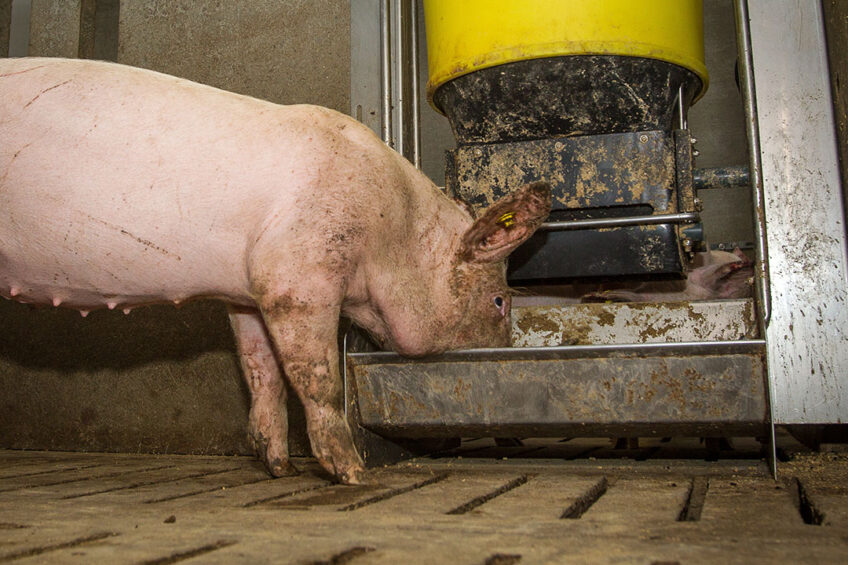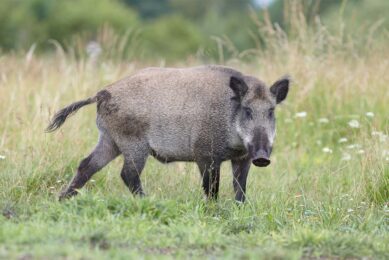EU research on ASFv transmissibility through feed

A combined German-Swedish research project has been started up to investigate in more detail whether the ASF virus can also be transmitted via feed, water and bedding.
African Swine Fever (ASF) virus is sometimes very stable in the environment, so there is a suspicion that the virus could also be transmitted to domestic pig herds via feed, water and other inanimate materials such as bedding. But is that really happening?
The European Food Safety Authority (EFSA) assumes that there is a low risk of certain feed and crops containing ASF viruses on the basis of theoretical assumptions, but scientific data are lacking. Some of these gaps in knowledge are now to be closed in an international research project, funded by the EFSA. Involved in the project are the German animal health institute Friedrich-Loeffler-Institut (FLI) and Germany’s Federal Institute for Risk Assessment (BfR) as well as experts from the Swedish National Veterinary Institute (SVA).
Stability of ASF viruses
The researchers will investigate the stability of ASF viruses in various animal feeds and bedding materials under practical storage conditions.
Before the start of the investigation, the BfR and FLI jointly evaluated previously known scientific findings on feed as a source of infection in a literature study. The influence of processing, transport and storage on possible contamination of feed with the ASF virus was also taken into account.
That research got published in February 2022. The experts came to the conclusion that ASF viruses that may have been introduced into processed by-products, grain, extraction meal and compound feed are largely inactivated as a result of the processing steps. However, improper handling of the products after manufacture could result in renewed contamination with ASF viruses.
If the generally applicable hygiene regulations and preventive measures for handling and producing feed (HACCP concepts) are observed, this transmission route would be rather unlikely. A transmission of ASF cannot be completely ruled out in the case of feed that is not subjected to any further treatment and is fed directly.
ASF viruses during processing and storage
The new research project of the 3 institutes from Germany and Sweden should now provide the needed data on ASF viruses during processing and storage in feed raw materials for domestic pigs.
The earlier research was authored by J. Kowalczyk, N. Barak, O. Riede, A.M. Engel, F. Koch, M. Spolders, S. Blome and R. Pieper and was published in the Berliner and Münchener Tierärztliche Wochenschrift in February 2022.
 Beheer
Beheer








 WP Admin
WP Admin  Bewerk bericht
Bewerk bericht